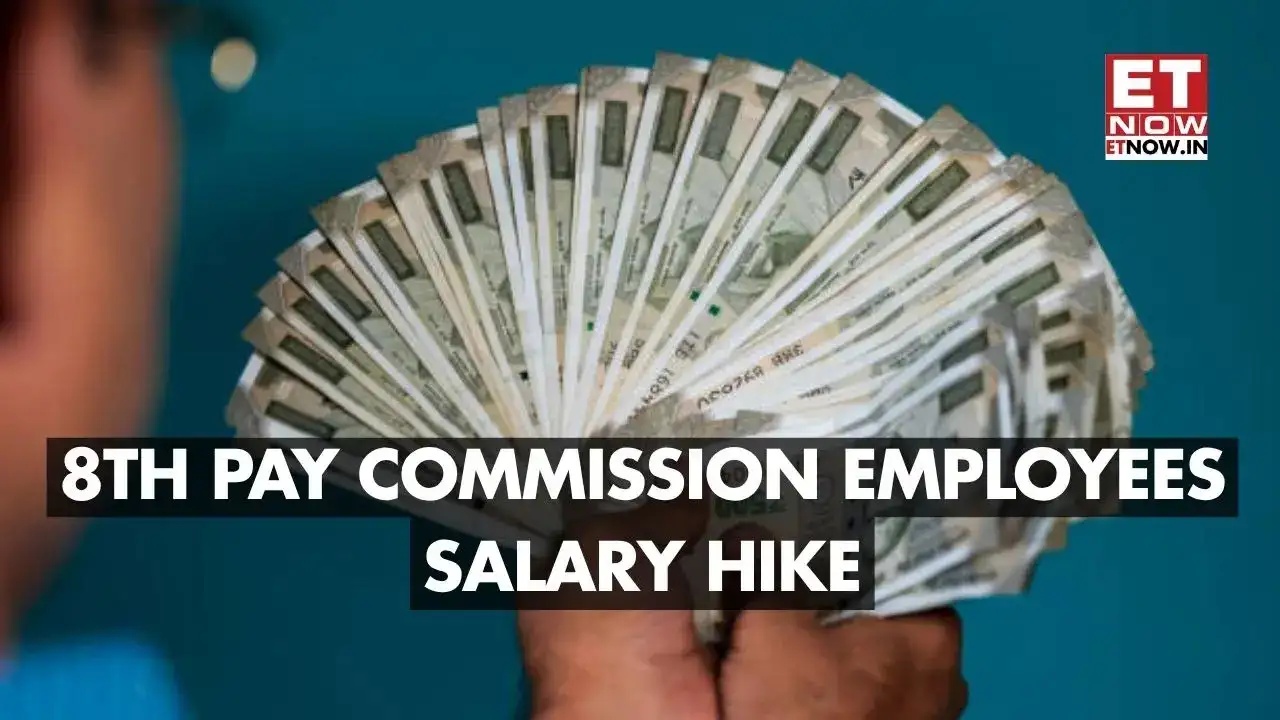
Anticipation for Salary Reforms Amid Commission Delays
The central government’s long-awaited 8th Pay Commission has become a focal point for millions of employees and pensioners, with widespread speculation about potential salary increases. While the 7th Pay Commission’s recommendations concluded in December 2025, the 8th Commission’s timeline remains uncertain, raising questions about when the promised 30-34% pay hike will materialize. Analysts suggest that delays in implementation could push the rollout to 2027, citing bureaucratic hurdles and financial planning challenges. This uncertainty has sparked debates about the feasibility of the projected salary boost, particularly as inflation and cost-of-living pressures continue to rise. The Ambit Capital report, which forecasts a 30-34% increase, highlights the potential impact on both current salaries and pensioners’ benefits. However, the report also warns of potential implementation delays, emphasizing the need for the government to address administrative bottlenecks to meet public expectations.
Comparative Timeline and Implementation Challenges
Historical data from the 7th Pay Commission offers insight into the potential timeline for the 8th Commission. Although the 7th Commission was announced in 2014, its implementation faced an 18-month delay, with the final recommendations only taking effect in 2016. This pattern suggests that the 8th Commission’s rollout could face similar delays, with the final approval process spanning two years. The Ambit Capital report estimates that the 8th Pay Commission’s recommendations might not be finalized until April 2026, with implementation extending into 2027. This extended timeline is attributed to the government’s slow progress in finalizing the commission’s structure, including the selection of chairman and members. Critics argue that the delay risks eroding public trust, particularly as employees and pensioners face financial strain due to stagnant wages and rising living costs.
Salary Calculations and Impact Analysis
Recent projections from the Ambit Capital report provide a detailed breakdown of how the 8th Pay Commission’s reforms could affect individual incomes. For example, an employee earning a basic salary of Rs 50,000 with a current Dearness Allowance (DA) of 55% could see their total compensation increase by 14-54% by the end of 2025. This calculation includes anticipated DA adjustments, which are expected to rise to 60% by December 2025. The report underscores the significant disparity between the 7th and 8th Pay Commissions, noting that the latter’s proposed increases would better align with inflationary trends. However, the delayed implementation raises concerns about the financial viability of these hikes, as the government must balance the budget while addressing the needs of its workforce. Experts caution that without timely action, the proposed increases may not fully address the growing wage gap between public and private sector employees.
Broader Implications for Public Sector Reforms
The 8th Pay Commission’s reforms extend beyond immediate salary adjustments, with potential implications for public sector governance and employee morale. The delayed implementation has sparked calls for greater transparency in the commission’s decision-making process, as stakeholders demand accountability for the prolonged timeline. Additionally, the proposed 30-34% pay raise has reignited discussions about the long-term sustainability of public sector wages in an evolving economic landscape. While the Ambit Capital report highlights the potential benefits of the hike, it also emphasizes the need for complementary measures, such as improved healthcare and retirement benefits, to ensure employee satisfaction. The government faces mounting pressure to expedite the process, as delays could exacerbate existing challenges in retaining skilled personnel and maintaining public service quality. This situation underscores the critical role of timely reforms in addressing systemic issues within the public sector.
Public Reaction and Future Outlook
Public sentiment remains divided, with some employees expressing optimism about the potential salary boost while others voice concerns about the delayed implementation. Social media platforms and employee forums have become hotbeds for debate, with many questioning the government’s capacity to deliver on its promises. Meanwhile, the financial press continues to monitor developments closely, with analysts emphasizing the importance of the 8th Pay Commission in shaping the future of public sector compensation. As the government navigates the complexities of the reform process, the outcome of the 8th Pay Commission will likely have far-reaching implications for both employees and the broader economy. The coming months will be critical in determining whether the proposed hikes can be realized without further delays, setting a precedent for future public sector reforms.



